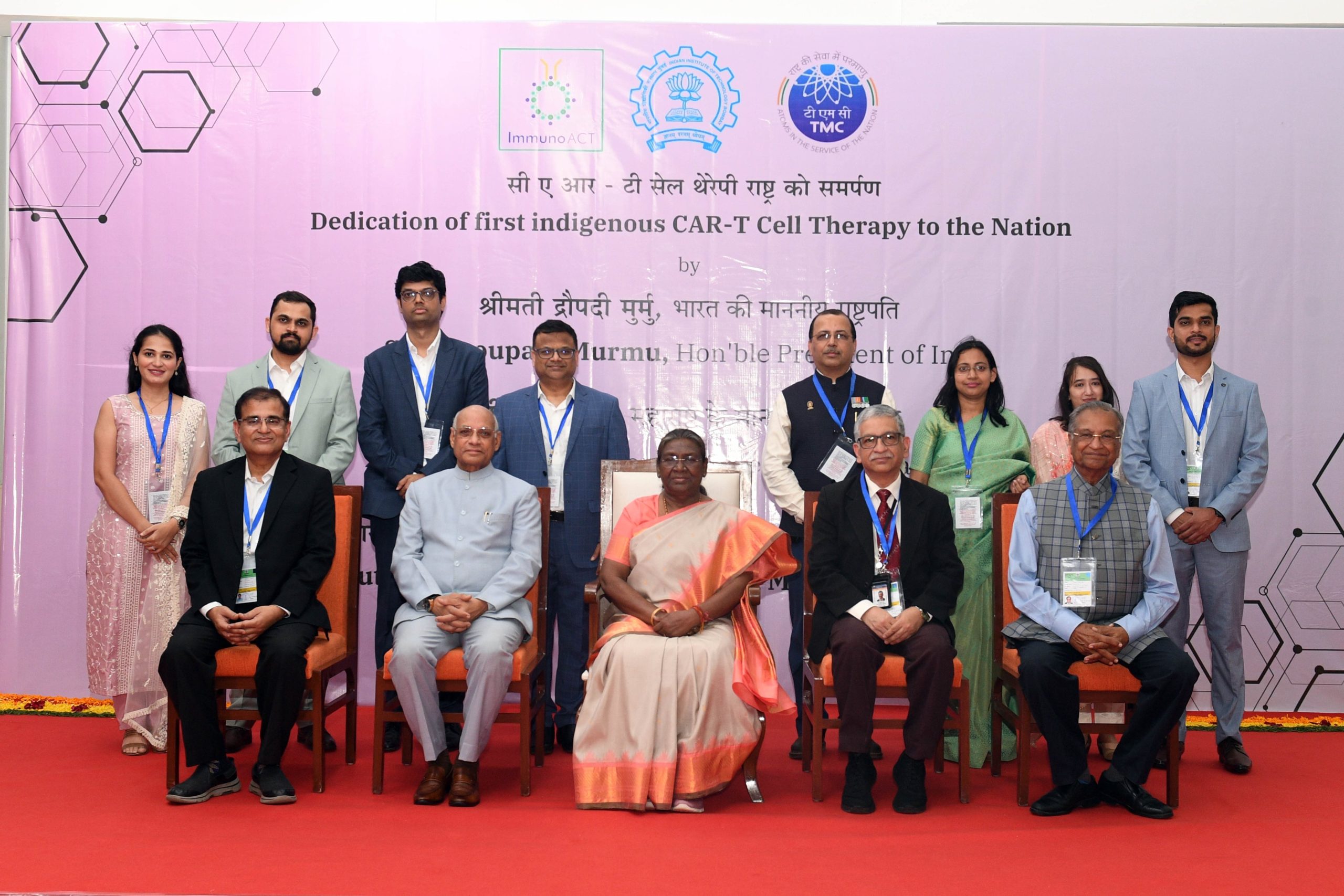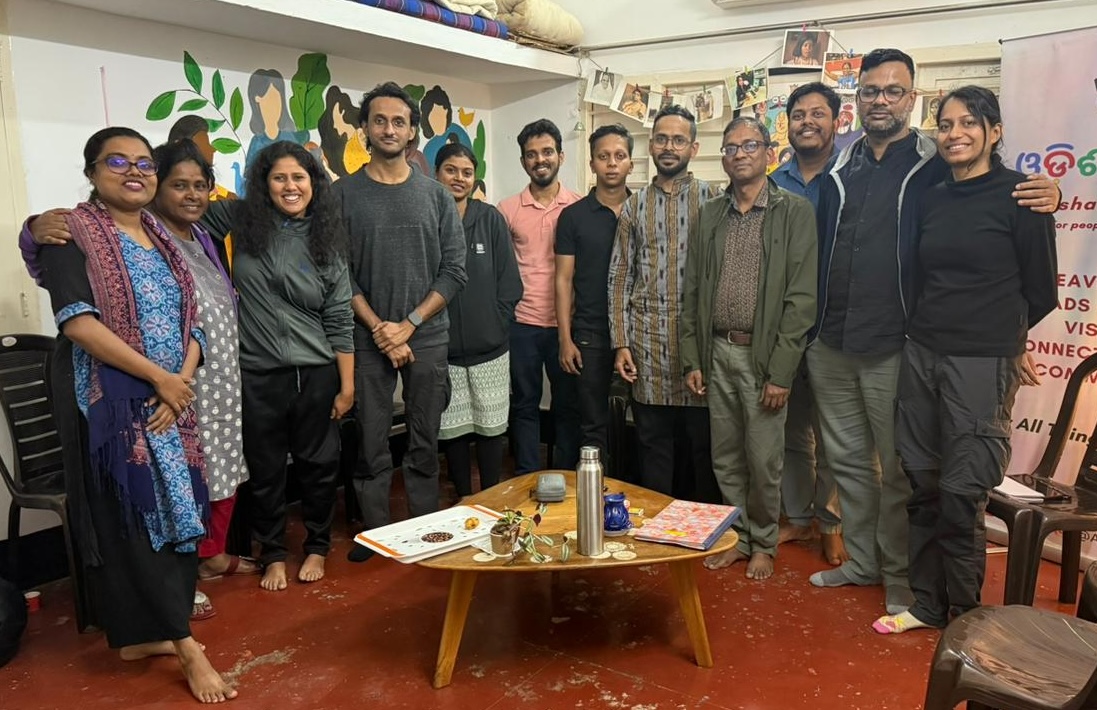New Delhi: In a historic moment for India’s medical field, President Droupadi Murmu inaugurated the country’s first indigenous gene therapy for cancer at the prestigious Indian Institute of Technology (IIT) Bombay today, April 4, 2024.
Addressing the gathering, President Murmu hailed the launch of India’s first gene therapy as a significant breakthrough in the nation’s fight against cancer. Named “CAR-T cell therapy”, this innovative treatment promises newfound hope for countless patients, as it is not only accessible but also affordable. She expressed confidence that this pioneering therapy would pave the way for saving numerous lives and transforming the landscape of cancer treatment in the country.
CAR-T cell therapy stands as one of the most remarkable advancements in medical science. While it has been available in developed nations, its high cost has rendered it inaccessible to many patients worldwide. President Murmu lauded the fact that the therapy being introduced today is not only affordable but also the world’s most cost-effective CAR-T cell therapy. She underscored that its development epitomizes the spirit of the ‘Make in India’ initiative, showcasing India’s commitment to self-reliance and innovation.
The President commended the collaborative efforts between the Indian Institute of Technology, Bombay, Tata Memorial Hospital, and industry partner ImmunoACT in developing India’s first CAR-T cell therapy. This synergy between academia and industry, she noted, sets a commendable example that should inspire similar initiatives in the future.
Highlighting the pivotal role of IIT Bombay, President Murmu emphasized the institution’s global reputation as a beacon of technology education. She praised the institution’s focus on research and development over the years, which has enabled groundbreaking collaborations like the development of CAR-T cell therapy. With the expertise and skills of faculty and students at IIT Bombay and similar institutions, she expressed optimism that India would greatly benefit from the ongoing technological revolution.





